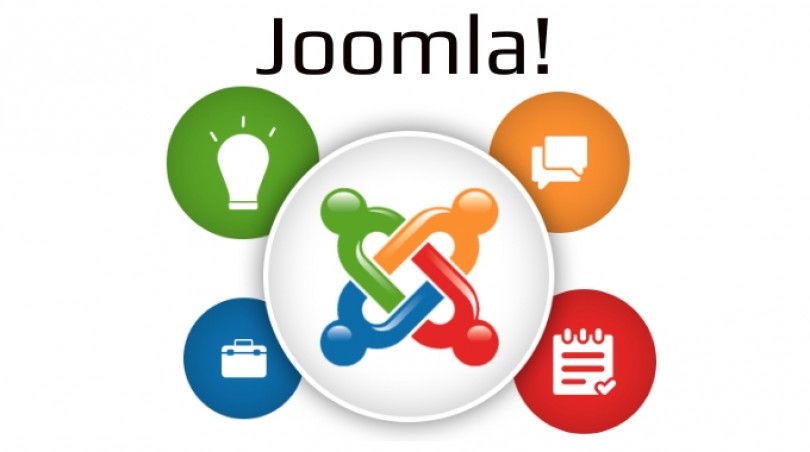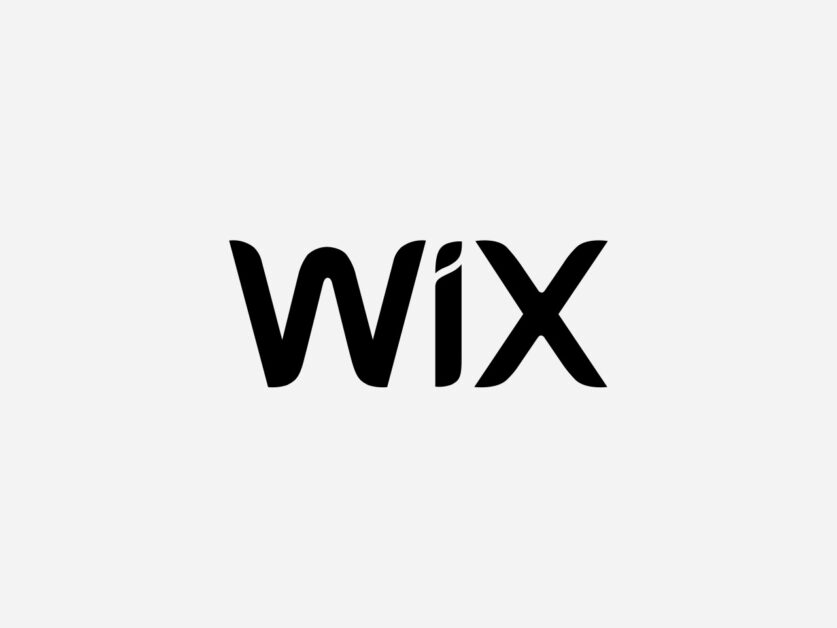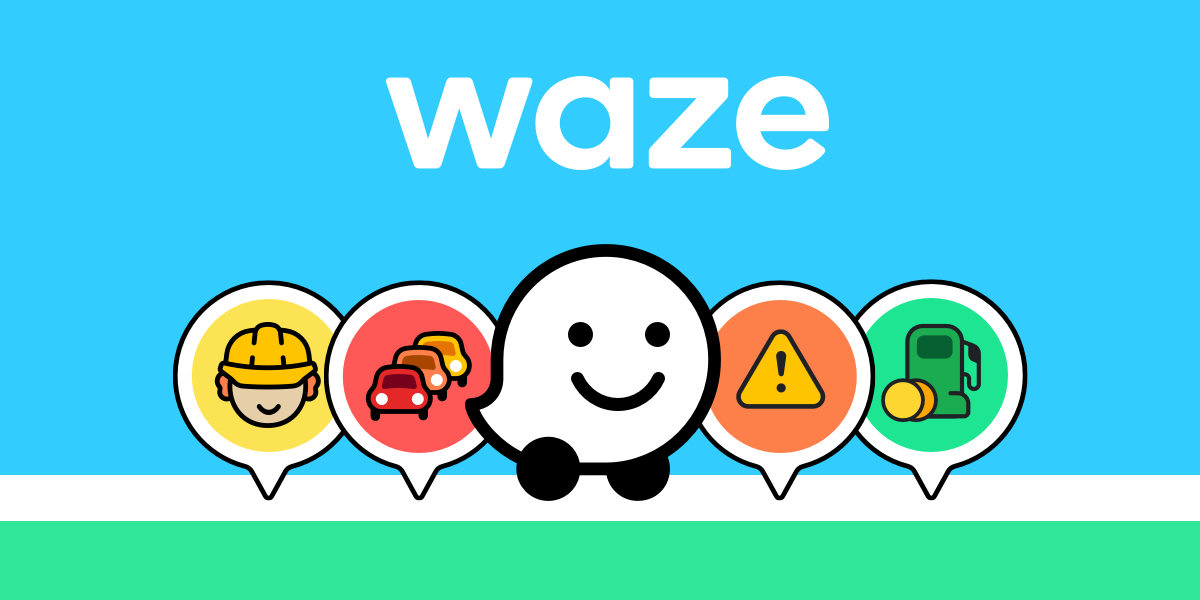Introduction: What Is Joomla?
Joomla is a free and open-source content management system (CMS) used to build, manage, and publish websites, blogs, and online applications. Launched in 2005 as a fork of Mambo, Joomla has grown into one of the world’s most trusted CMS platforms, powering over 2 million websites globally as of 2025.
Unlike website builders like Wix or Squarespace, Joomla provides more control, flexibility, and scalability, making it ideal for developers, designers, and advanced users who want to build customizable and feature-rich websites.
Why Joomla Still Matters in 2025
In an era dominated by WordPress, no-code builders, and proprietary SaaS tools, Joomla continues to have a dedicated user base. It’s particularly valued for:
- High-level user control and permission management
- Robust multilingual support (out of the box)
- Flexible template and module system
- Extensive extension library (over 6,000 extensions)
- Security-first architecture
If you’re looking to build a scalable, secure, and customizable site without being locked into proprietary platforms, Joomla remains a powerful contender.
How Does Joomla Work?
Joomla operates as a self-hosted CMS, meaning you need to download the software and install it on your own web server. Once set up, it provides a backend interface for content creation, layout control, and website administration.
Here’s how the process typically works:
1. Installation
You can install Joomla in one of two ways:
- Manual Installation: Download from joomla.org and install it via FTP and a MySQL database.
- One-Click Install: Many hosting providers (like SiteGround or Hostinger) offer 1-click Joomla installs via cPanel or Plesk.
2. Administrator Dashboard
The backend (admin panel) is where most of the site management happens:
- Create and organize content
- Manage users and permissions
- Install extensions
- Configure global settings
3. Templates and Modules
Joomla separates content and design:
- Templates define how your site looks.
- Modules display different types of content (menus, sliders, ads, etc.)
You can assign different templates or modules to specific pages for precise control.
4. Content Creation
Joomla uses Articles as its primary content type. These can be categorized and displayed using:
- Menus
- Categories
- Modules
It supports rich text formatting, image embedding, and media management.
5. Extensions and Plugins
Joomla’s capabilities can be expanded with:
- Components (e.g., forums, shopping carts)
- Modules (frontend widgets)
- Plugins (background functionality like caching or spam control)
Joomla’s Key Features (2025 Overview)
✅ 1. Open Source Freedom
Joomla is licensed under the GNU General Public License, which means:
- You own your data
- There are no monthly fees
- You can modify the source code as needed
✅ 2. Multilingual Support
Unlike WordPress (which requires plugins), Joomla supports multilingual sites natively, allowing you to publish content in over 70 languages.
✅ 3. Advanced User Management
Joomla has built-in Access Control Lists (ACLs), making it ideal for membership sites, intranets, and organizations that require layered permissions.
✅ 4. Strong SEO Tools
Joomla includes:
- Custom URL routing
- Meta tag control
- Schema markup
- XML sitemaps
- Canonical URLs
You can also install SEO extensions like sh404SEF or OSMap.
✅ 5. Security-Focused Architecture
Joomla is known for its secure core:
- Two-factor authentication
- SSL support
- reCAPTCHA
- Extensive security plugins
✅ 6. Joomla 5.x Series (2024–2025)
The recent Joomla 5.x update brought:
- Improved admin UI (faster and cleaner)
- PHP 8.2+ support
- Enhanced accessibility (WCAG 2.1 compliance)
- Core Web Vitals optimization
What Can You Build with Joomla?
Joomla is suitable for nearly any type of website. Use cases include:
| Type of Site | Features/Tools Used |
|---|---|
| Business Website | Contact forms, testimonials, SEO, CRM tools |
| E-Commerce | Extensions like HikaShop, J2Store, VirtueMart |
| Blog/News Site | Category/blog view, tags, RSS, content modules |
| Community Site | Kunena forum, EasySocial, Community Builder |
| Education/NGO Site | Multilingual, user roles, LMS extensions |
| Government Portals | ACLs, accessibility, performance optimization |
Joomla vs WordPress: Key Differences
| Feature | Joomla | WordPress |
|---|---|---|
| Ease of Use | Moderate learning curve | Beginner-friendly |
| Custom Permissions | Advanced ACLs out of the box | Requires plugins |
| Multilingual | Built-in | Requires plugins |
| Extensions Available | ~6,000 | 59,000+ |
| SEO | Advanced but manual | Easier with Yoast/RankMath |
| Security | Excellent core security | Good with proper plugins |
| Design Flexibility | Template + module-based layout | Theme + block editor |
Joomla Hosting Requirements
To run Joomla smoothly, you’ll need:
- PHP 8.1 or 8.2
- MySQL 5.6+ or PostgreSQL 11+
- Apache, Nginx, or LiteSpeed web server
- HTTPS/SSL certificate
Many popular web hosts provide optimized environments for Joomla. Recommended hosts in 2025 include:
- SiteGround
- A2 Hosting
- Cloudways
- ScalaHosting
Common FAQs About Joomla
❓Is Joomla Free?
Yes, Joomla is 100% free and open source. You only pay for web hosting and any premium extensions or templates you choose to use.
❓Can I Use Joomla Without Coding?
Yes, Joomla does not require coding for basic website setup and content management. However, HTML/CSS/PHP knowledge is helpful for advanced customization.
❓Is Joomla Good for E-Commerce?
Yes. While Joomla doesn’t include a built-in store, it supports several powerful e-commerce extensions like VirtueMart and HikaShop.
❓Does Joomla Have a Drag-and-Drop Builder?
Not natively. However, you can use third-party builders like SP Page Builder or Quix to enable drag-and-drop functionality.
❓Is Joomla Secure?
Yes. Joomla has a reputation for strong core security and a dedicated Security Strike Team. Regular updates and third-party plugins help keep sites safe.
Final Thoughts: Is Joomla Right for You?
If you’re looking for a flexible, secure, and customizable CMS that offers complete control over your content and layout, Joomla is a top-tier choice in 2025.
It’s ideal for:
- Web developers building custom sites
- Organizations with complex user permissions
- Multilingual websites
- Agencies handling diverse client projects
For beginners, Joomla’s interface may require a bit of a learning curve, but the long-term rewards include freedom, scalability, and full ownership of your web presence.
- Facebook Quietly Expands Downvote Button Test for Comments - June 24, 2025
- Instagram GIFs Return, But Only the Boring Ones - June 24, 2025
- Waze: What It Is, How It Works, and Why Drivers Love It? - June 24, 2025
Discover more from Techy247
Subscribe to get the latest posts sent to your email.










